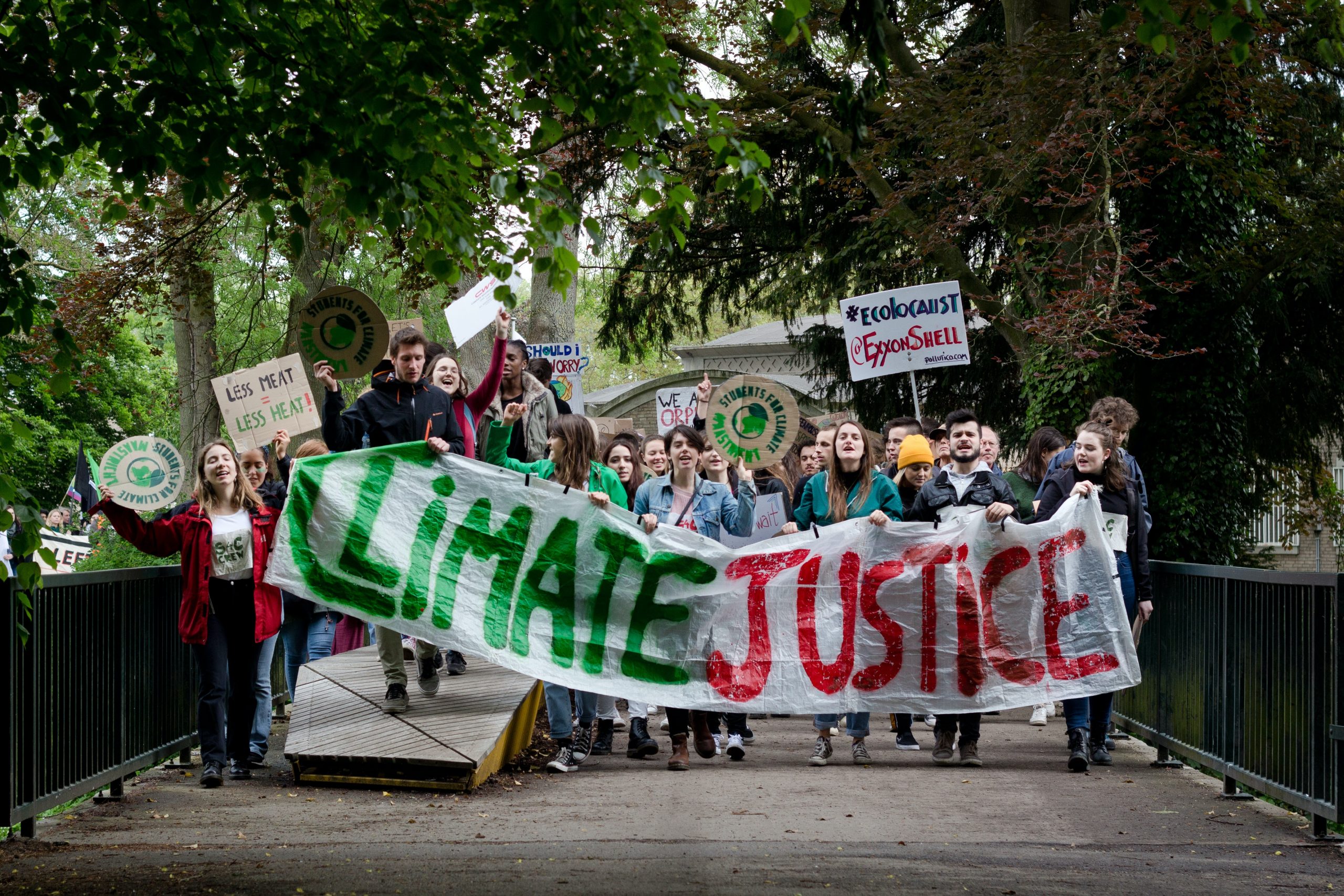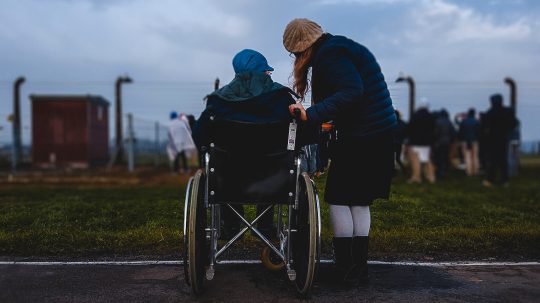Who remembers when not using plastic straws was the pinnacle of climate activism?
I’m trivialising, but after Sir David Attenborough’s documentary highlighted the effect of take-away containers, single-use plastic straws were banned and public outcry demanded the use of replacements such as metal straws. Plastic straws are, however, only a tiny portion of a much wider conversation, with Jim Leape, co-director of the Stanford Center for Ocean Solutions, estimating that they make up less than 1% of our plastic problem.
For some disabled people, plastic straws are a lifeline, invented to make drinking easier and safer, especially in hospitals, and to aid those with mobility or coordination issues which mean lifting up a cup or holding it steady may be too difficult. Alternatives to plastic straws, such as metal ones, can pose an injury and choking risk to disabled people, whilst some compostable straws increase the likelihood of an allergic reaction. Ultimately, whichever way you looked at it, this removed a very convenient tool for disabled people for an insignificant gain in the battle for the environment.
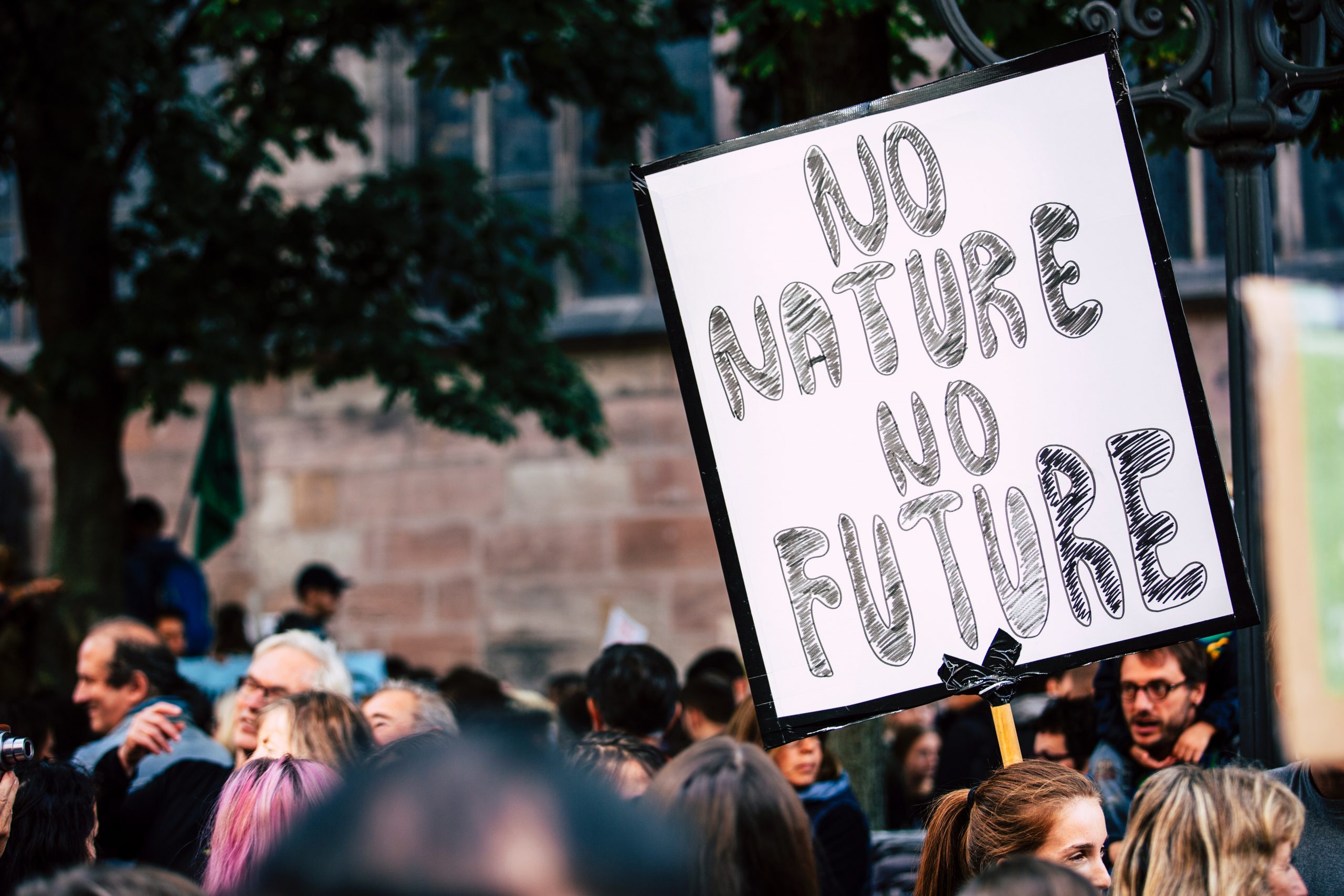
Credit: Markus Spiske / Pexels
Although there was an exemption for those who needed to use plastic straws for medical reasons, availability was still reduced and public opinion of those using plastic straws has been tinged with anger, contempt and misunderstanding forever.
This was, perhaps, the first potent example of eco-ableism – a form of discrimination against disabled people through an ecological and environmental lens – that comes to mind. Ableism is discrimination and prejudice against disabled people, whilst eco-ableism is a failure to recognise how climate change activism adversely affects disabled people. If plastic straws were an early example of eco-ableism, the most recent one has to be Israeli minister Karine Elharrar who made waves in the media when she could not attend the COP26 summit in Glasgow, as it wasn’t wheelchair accessible.
Couple this with the UN Human Rights Council’s adoption of Resolution 48/13 which recognises, for the first time, that access to a clean, healthy and sustainable environment is a human right, and we can see how climate change action frequently denies disabled people their fundamental human rights, especially the right to freedom from discrimination.
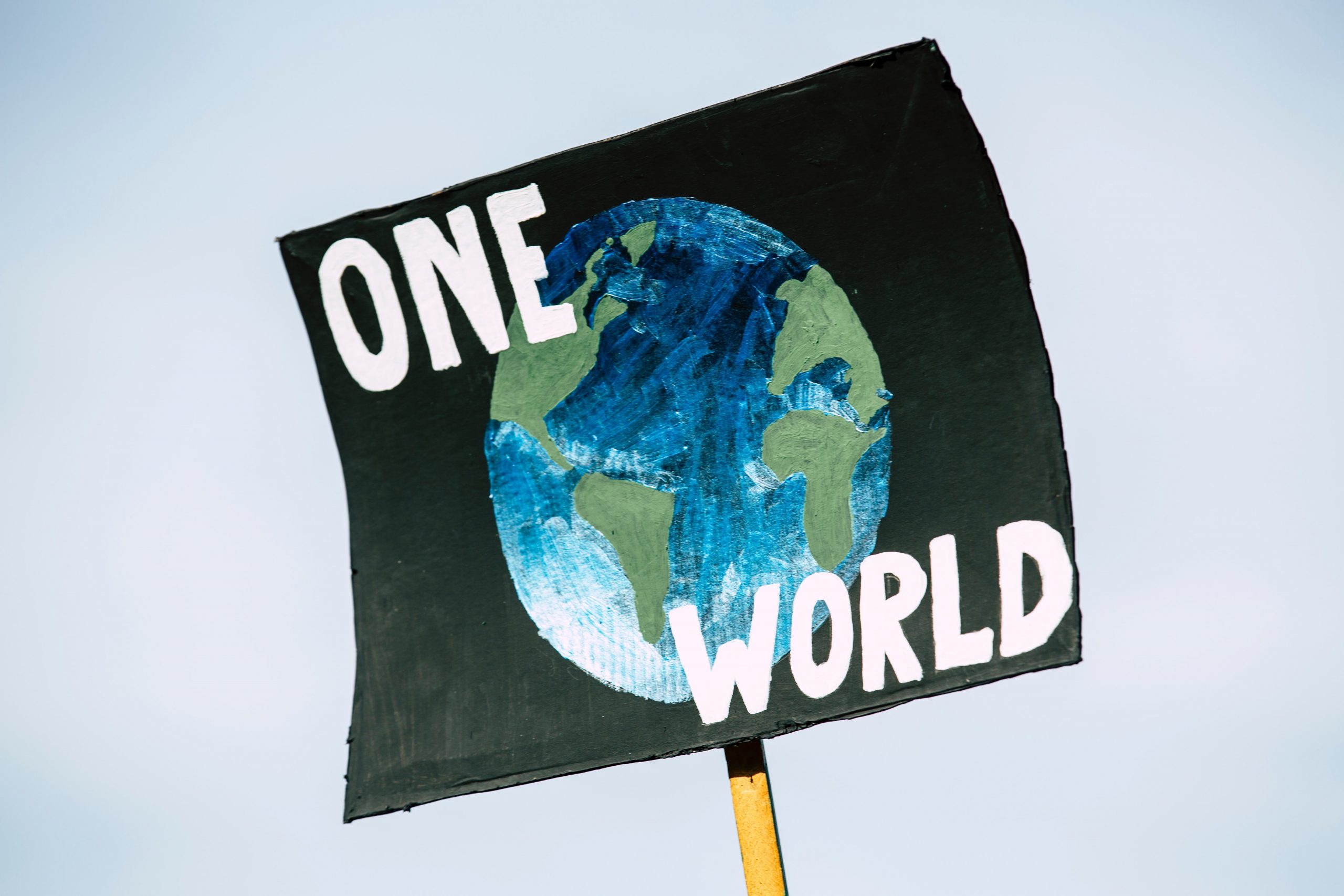
Credit: Markus Spiske / Unsplash
For disabled people, Elharrar’s inability to access COP26 reflected a bigger picture. Many feel cut out of the climate change conversation, despite disabled people being more adversely affected in a climate emergency. Disabled people can find themselves left out of emergency planning, with a lack of focus on designing flood protections or evacuation plans that accommodate different disabilities.
This poses a threat to the right to life and puts disabled people in disproportionate danger in comparison to non-disabled individuals. Additionally, disabled people are more likely to be living in poverty, more prone to health risks and less likely to have insurance to protect assets in an emergency. Consequently, they are far more likely to be affected by manifestations of climate change such as floods, fires and drastic temperature changes. Nor are disabled people integrated into plans for climate change in day-to-day society. Even the Prime Minister’s office admitted that their new £2.6 million media briefing room has multiple access failures. How can we expect climate change plans to include disabled people when they are excluded from political arenas?
Other examples of eco-ableism include removing disabled parking bays for cycle lanes, encouraging no-car cities and promoting active travel that may not be available to all disabled people. An all-or-nothing climate change mentality harshly affects disabled people who may not be able to conform to non-disabled people’s environmental standards. Some may struggle with recycling or do not have the financial means to support environmentally-friendly dietary choices.
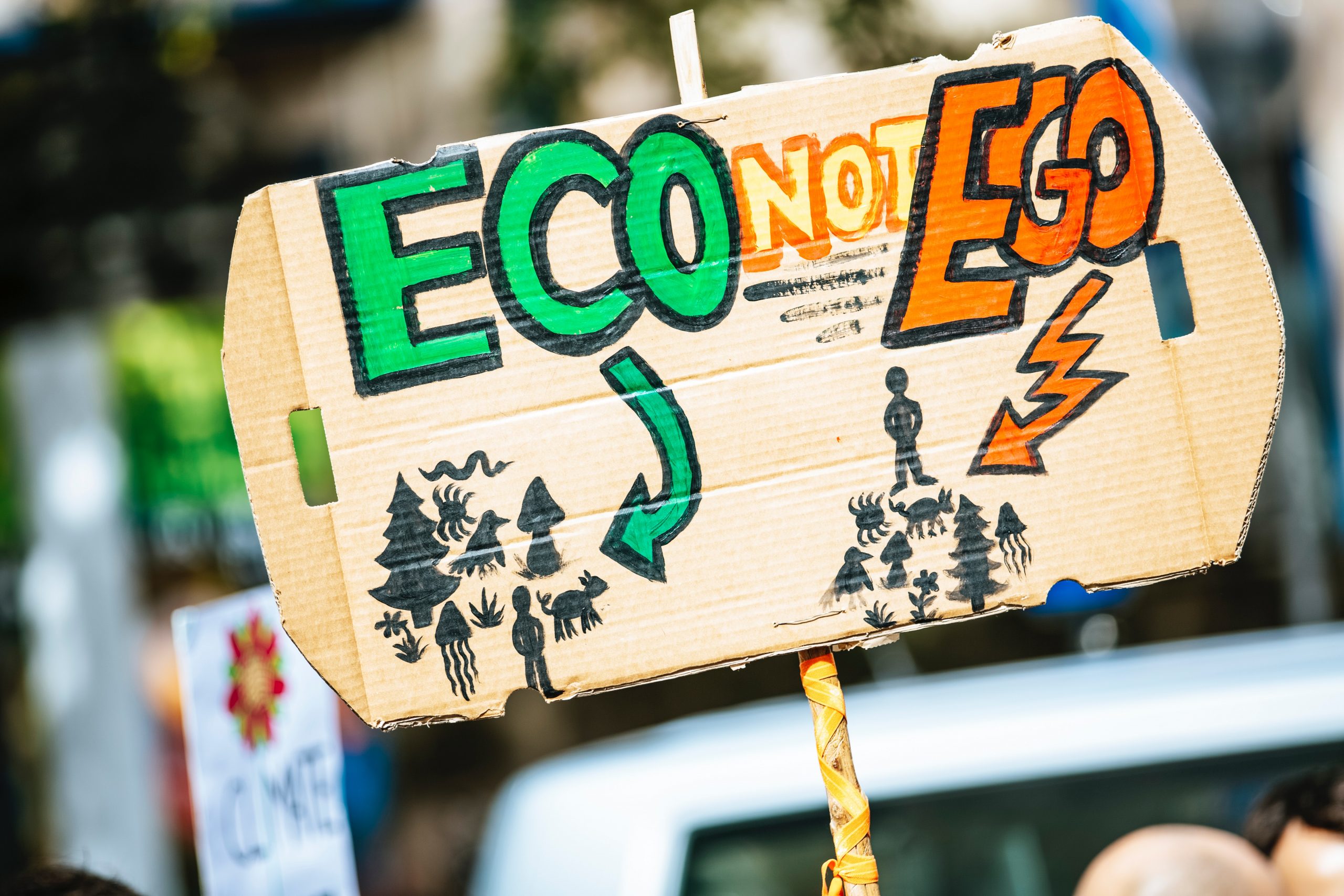
Credit: Markus Spiske / Pexels
Most people would love to live more sustainably if they could, but doing the best that they can is all they can afford to do. On average, disabled people have an extra £583 of expenses per month compared with non-disabled people, and many cannot afford the most sustainable options for food, transport and clothing. Prioritising a mentality of everyone being responsible to do what they are capable of is far more conducive to creating a fair society that can combat climate change effectively.
If disabled people are not included, how can we expect policy, laws and intentions to change? If disabled people – who number 14.1 million in the UK and one billion globally – are not included, how can we say we really care about our planet’s welfare?
With the coronavirus pandemic increasing awareness of disability and chronic health conditions, there really is no excuse for us not to include disabled people in our activism. And this should not be confined to climate change activism. Ableism is everywhere and systematic oppression is always going to present in social movements unless there is a conscious effort to make a change.
The UN’s recognition of access to a healthy environment as a human right last October represented significant progress but unless we actively implement this right for all, disabled people will fall by the wayside. By including marginalised people in climate activism, we can shape a future that protects everyone’s rights, not just those who can live up to perfect activist standards.
The views expressed in this article are those of the author and do not necessarily reflect the views of EachOther.
About ‘The Inspired Source’ Series
This series is part of our work to amplify the voices of aspiring writers that are underrepresented in the media and marginalised by society. Each piece examines a human rights issue by which the author or their community is affected. Where possible, authors outline a position on how we might begin to address the issue. Find out more about the series and how to send us a pitch on this page.

